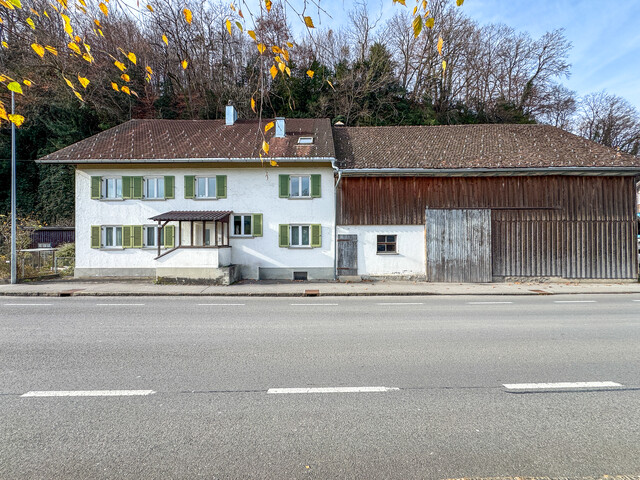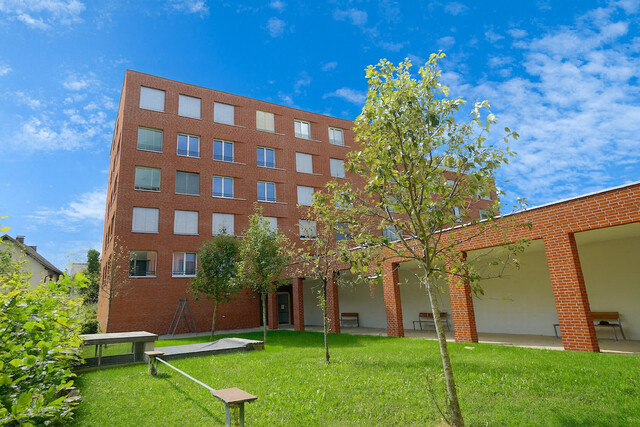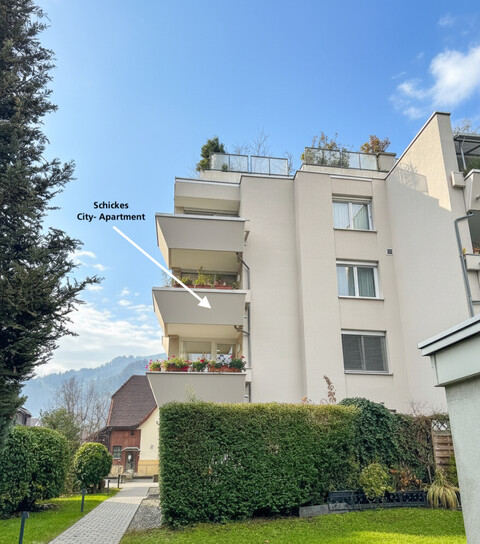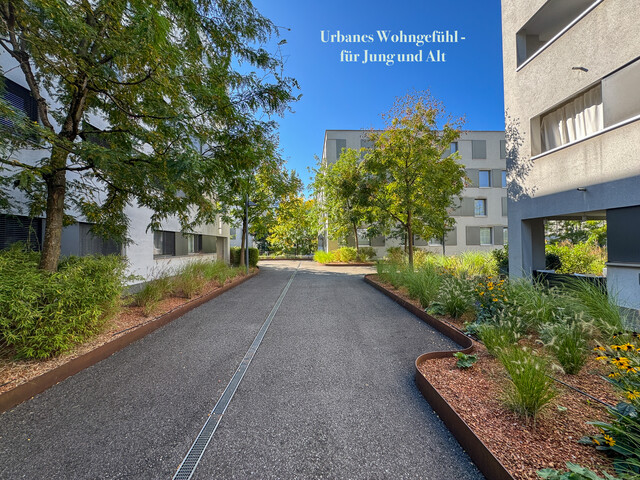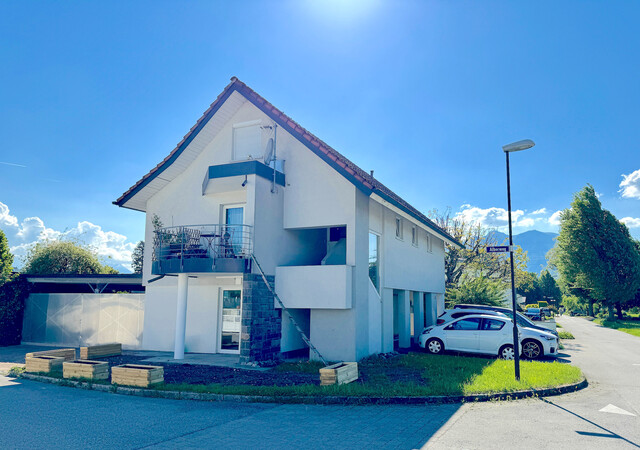Is Hosting the ESC Worth It for Austria?

Whether Vienna or Innsbruck will host the Eurovision Song Contest 2026 is not yet decided – nor are the actual costs and economic benefits. However, it is certain: The figures from past host cities show considerable economic potential, but also high investments.
A Look Back at ESC Revenues
A somewhat closer look is provided by examining the last three host cities Liverpool, Malmö, and Basel. According to a recent analysis by the responsible European Broadcasting Union (EBU), Liverpool 2023 was able to generate the equivalent of 66 million euros by hosting the world's largest music competition. "The competition was an important boost for our local economy. It brought in over 54 million pounds (around 66 million euros, ed.), created thousands of jobs and opportunities for local people, and showcased our brand to an international audience," Mayor Steve Rotheram is quoted in the analysis.
In the successor host city Malmö, Karin Karlsson from the host city organization estimates the ESC tourism-related revenue at 445 million kronor (nearly 40 million euros). And for Basel 2025, Dario Silic, a professor at the Swiss School of Business and Management in Geneva, predicted an economic profit of 60 million francs (64 million euros) thanks to the ESC - from which the costs still need to be deducted.
How Expensive the Song Contest is for Cities
These amounted to around 60 million francs (64 million euros) this year as well - which, however, did not have to be borne by Swiss television SRG alone. The broadcaster contributed 20 million francs (21.3 million euros), the city of Basel 35 million francs (37.3 million euros), and the European Broadcasting Union (EBU) 5 million francs (5.3 million euros). If you subtract the costs of 35 million francs, Basel still has a surplus of around 25 million francs (26.7 million euros).
Even if this sum does not seem exorbitant at first glance, one must not forget the long-term effects. "The long-term effects in terms of national image, tourism, consumer spending, and investments are most likely significantly higher," writes Professor Silic. In Basel alone, 543,000 visitors were counted at the various ESC events. In Liverpool, it was 473,000, and at the politically controversial and scandal-ridden ESC in Malmö, it was still 160,000.
In addition, there is the indirect advertising value that a host city can expect from the ESC. The EBU estimates this for 2024 at around 805 million euros thanks to published online articles. A total of over 683,000 articles and social media posts about Malmö appeared. For Liverpool, there were 280,000 dedicated news articles globally. All in all, an ESC is above all one thing: no small matter.
(APA/Red)
This article has been automatically translated, read the original article here.
Du hast einen Hinweis für uns? Oder einen Insider-Tipp, was bei dir in der Gegend gerade passiert? Dann melde dich bei uns, damit wir darüber berichten können.
Wir gehen allen Hinweisen nach, die wir erhalten. Und damit wir schon einen Vorgeschmack und einen guten Überblick bekommen, freuen wir uns über Fotos, Videos oder Texte. Einfach das Formular unten ausfüllen und schon landet dein Tipp bei uns in der Redaktion.
Alternativ kannst du uns direkt über WhatsApp kontaktieren: Zum WhatsApp Chat
Herzlichen Dank für deine Zusendung.




